US imposes sanctions on ‘intl. network financing’ Yemen’s Ansarullah
The United States has imposed sanctions on what it called members of an international network funding Ansarullah, citing the popular Yemeni movement’s retaliatory attacks on the coalition of countries waging war on the country.
In a statement released on Wednesday, the US Department of the Treasury’s Office of Foreign Assets Control (OFAC) claimed that the network, led by financier Sa’id al-Jamal, had “transferred tens of millions of dollars to Yemen via a complex international network of intermediaries in support of the Houthis’ attacks.”
It also said the action was taken “in close coordination and collaboration” with Washington’s regional Persian Gulf partners.
Those targeted include a UAE- and Sweden-based commodities trader and his company as well as money exchange houses in Turkey and Yemen, according to the Treasury statement.
They are accused of shipping fuel, other petroleum products and commodities throughout the Middle East, Africa and Asia with the proceeds financing Ansarullah.
The new measure freezes any assets of the designated entities and individuals that are subject to US jurisdiction and generally bars Americans from doing business with them.
Meanwhile, US Secretary of State Antony Blinken confirmed that the sanctions were coordinated with Washington’s Persian Gulf allies as a response to recent Yemeni counterattacks against Saudi Arabia and the United Arab Emirates.
“The United States remains firmly committed to helping Saudi Arabia and the UAE defend themselves and the tens of thousands of US citizens living in the [Persian] Gulf against these Houthi attacks,” he said.
The new sanctions come as Riyadh, Abu Dhabi and some American lawmakers are pressing the White House to return Ansarullah to the US list of foreign “terrorist” organizations.
However, rights and aid groups have cautioned against blacklisting Ansarullah, saying such a move would worsen the humanitarian crisis in Yemen.
On Wednesday, 11 Democratic senators wrote to Blinken urging him not to re-list the Yemeni movement as the measure “would precipitate an economic collapse, dramatically deepen the country’s severe humanitarian crisis, and could undermine the prospects for peace in Yemen.”
Former US president Donald Trump's administration placed Ansarullah on the list 10 days before leaving office, but his successor, Joe Biden, reversed the decision.
In January, Biden said he was considering re-designating Ansarullah as a “terrorist” organization.
Saudi Arabia launched a devastating military aggression against its southern neighbor in March 2015 in collaboration with a number of its allied states and with arms and logistics support from the US and several Western countries.
The aim was to return to power the former Riyadh-backed regime and crush the popular Ansarullah movement, which has been running state affairs in the absence of an effective government in Yemen.
The war has stopped well shy of all of its goals, despite killing tens of thousands of Yemenis and turning entire Yemen into the scene of the world’s worst humanitarian crisis.
The Yemeni army and its allied fighters from the Popular Committees have in recent months gone from strength to strength against the Saudi-led invaders and left Riyadh and its allies bogged down in Yemen.
D-8’s role in Iran’s economy after Cairo summit
China slams US as ‘war-addicted’ threat to global security
China ‘firmly opposes’ US military aid to Taiwan
VIDEO | Press TV's News Headlines
President Yoon Suk Yeol to be removed from office
At least 19 Gazans killed by Israeli airstrikes since dawn: Medics
Leader: Iran neither has nor needs proxy forces
US fighter aircraft shot down ‘in friendly fire’ amid aggression on Yemen


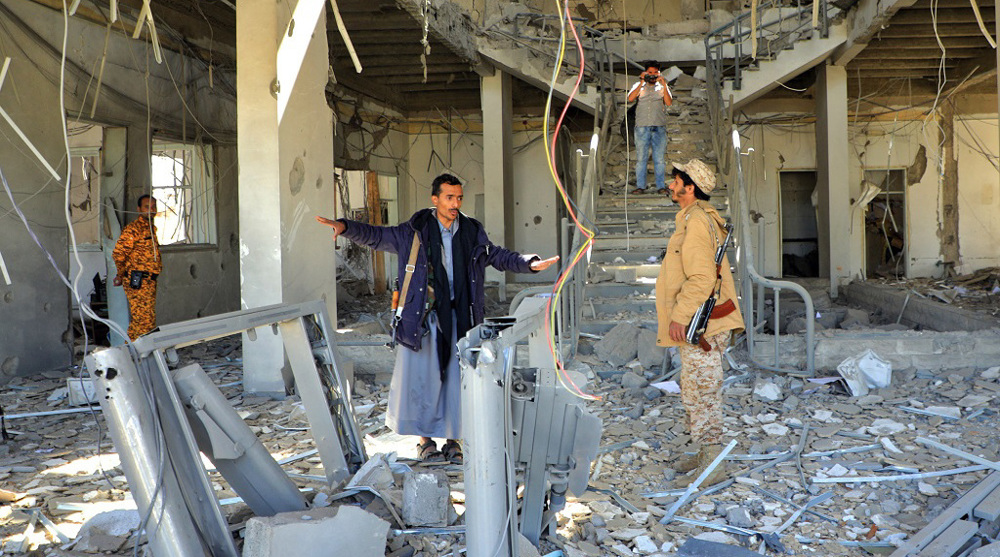

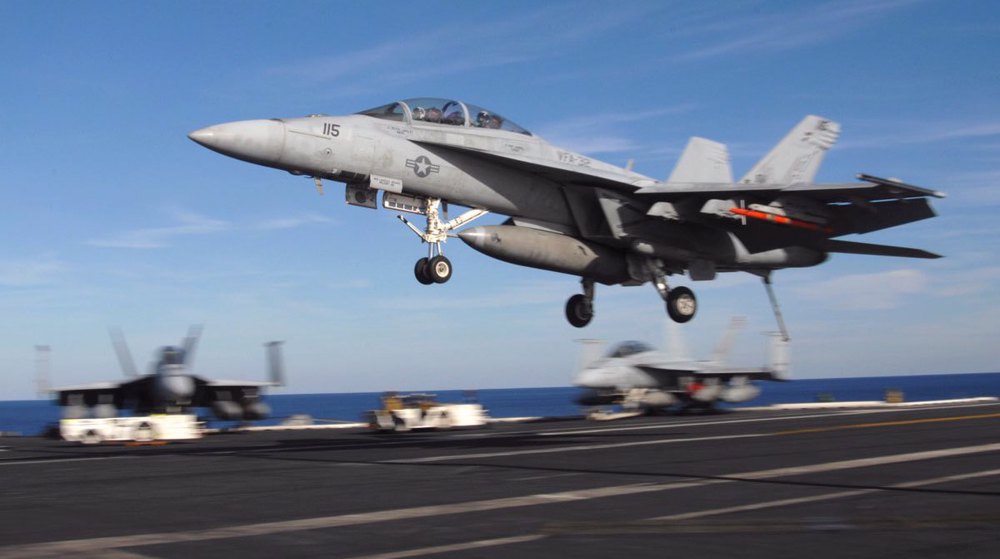
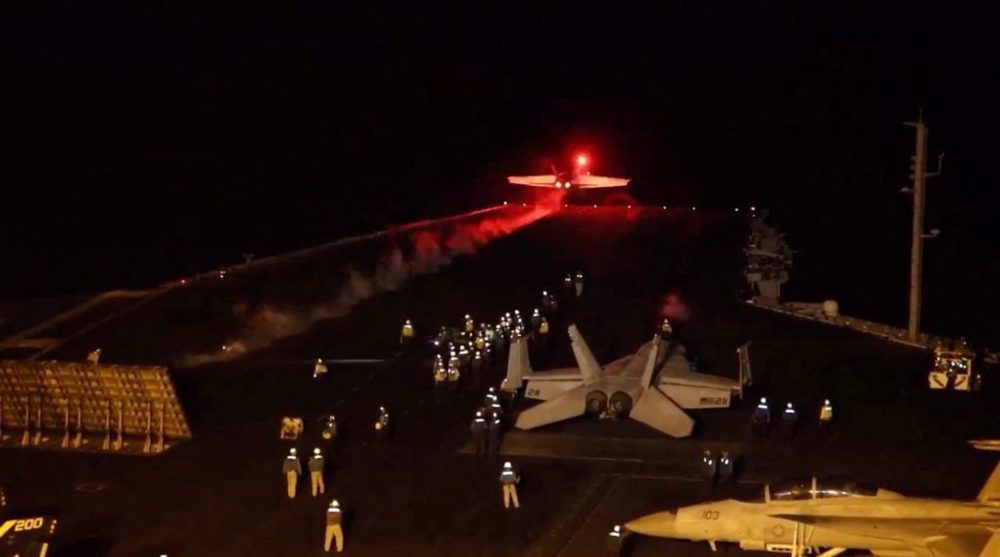




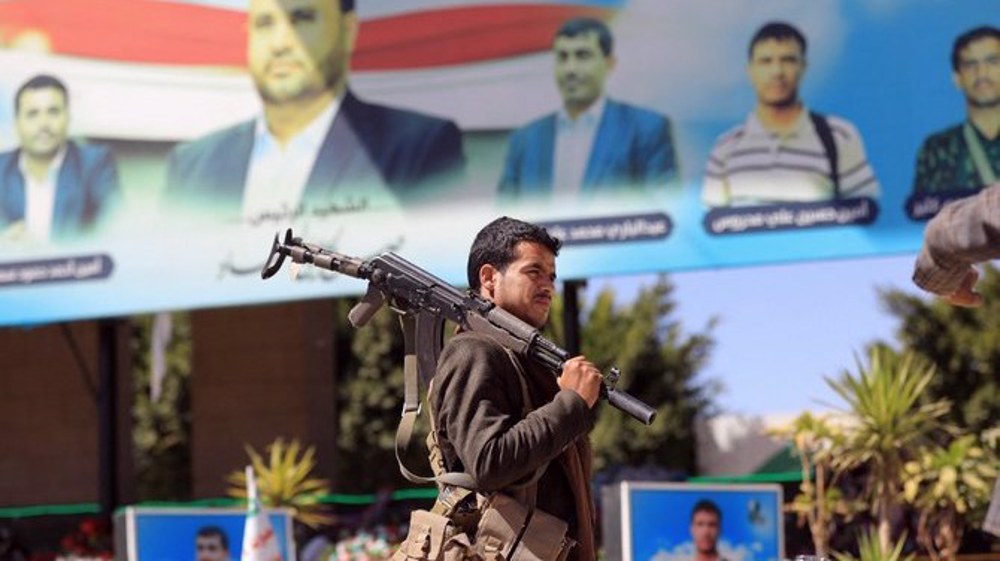


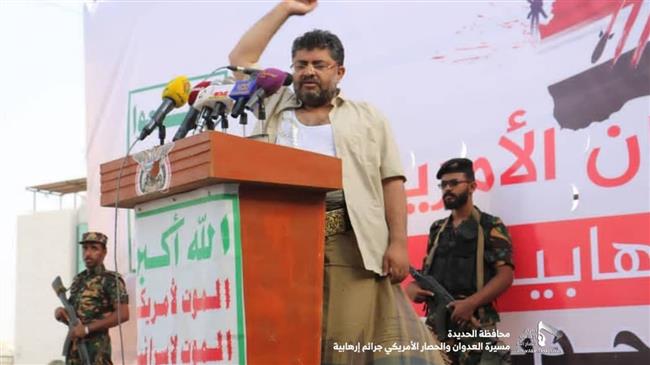
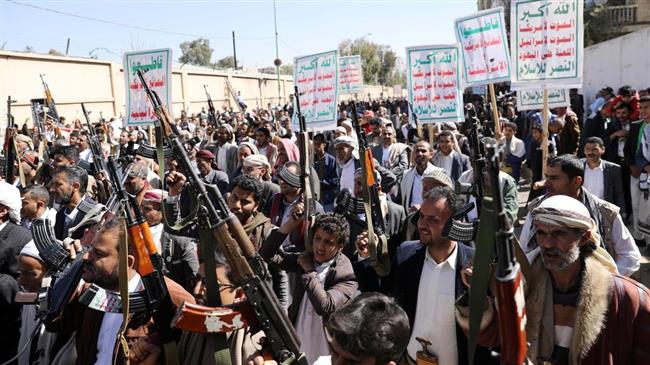

 This makes it easy to access the Press TV website
This makes it easy to access the Press TV website